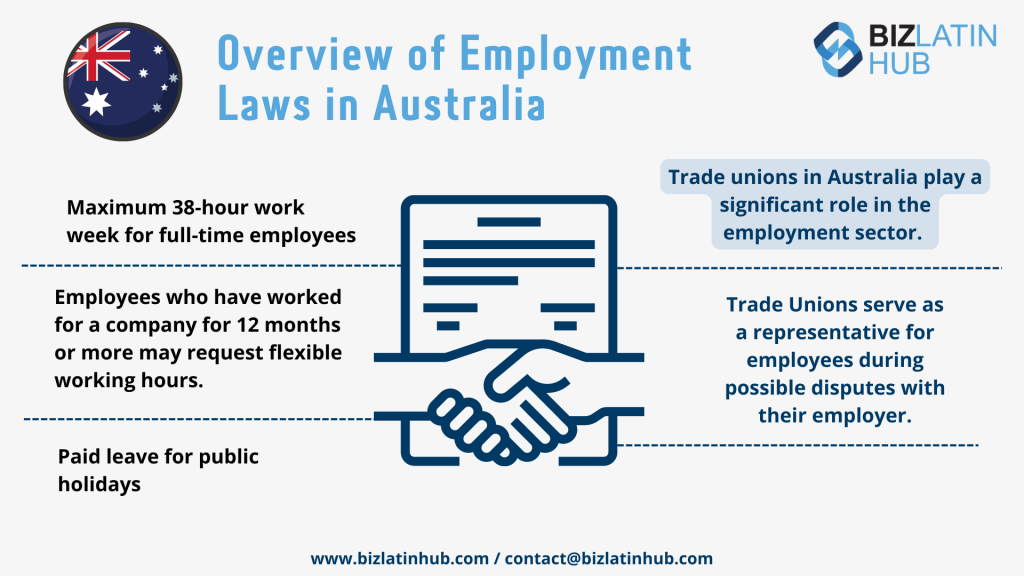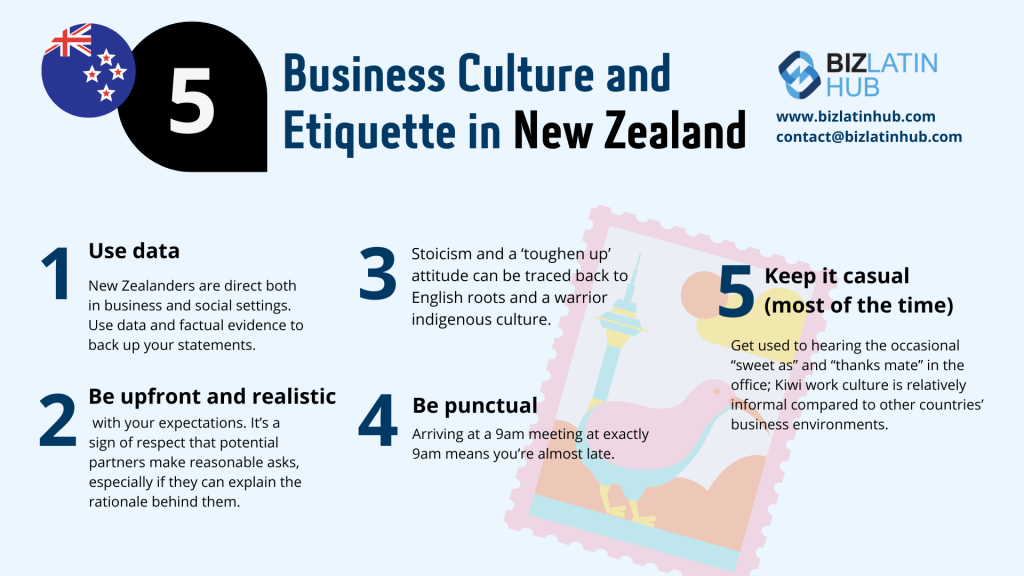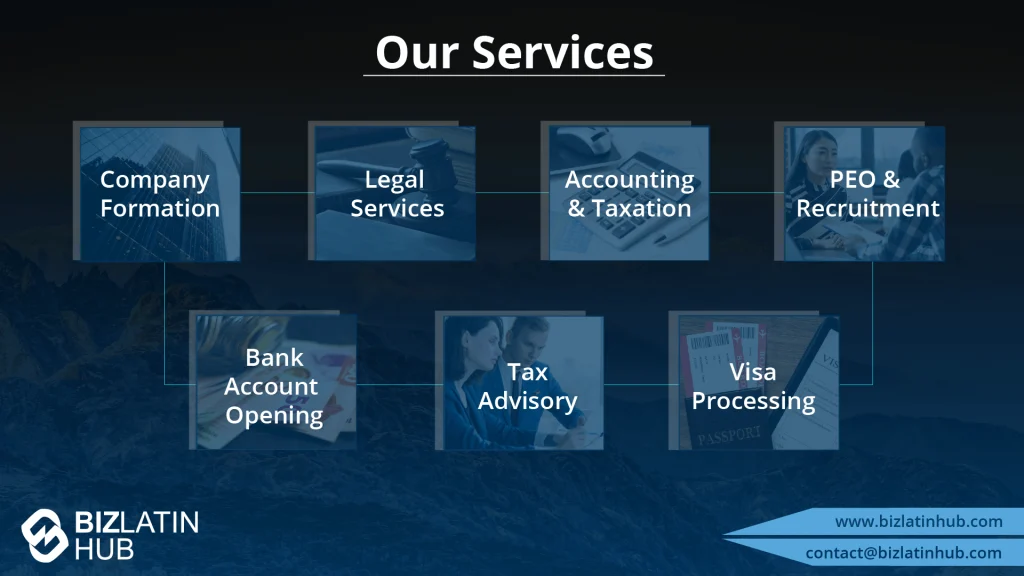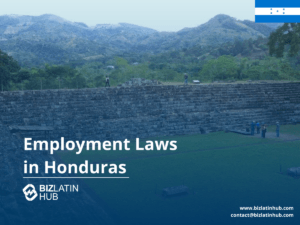Australia and New Zealand dominate the South Pacific region in terms of economic performance and investment viability. Consistently rated the top country in the world for ease of doing business, New Zealand’s competitive business environment draws in foreign companies looking to expand into profitable industries. In the land down under, Australia’s powerful sectors drive rapidly-advancing innovation. Both economies sit within the world’s top five for openness, backed by investment-friendly governments.
Employment laws and regulations differ in Australia and New Zealand. Read the article to find out the benefits of being an employee in Australia and New Zealand.
Overview of Employment Laws in Australia
In 2009, The Fair Work Act formed thel basis for Australia’s employment law. This was also a basis for work, health and safety, as well as non-discrimination regulations. This act established a council called The Fair Work Commission (FWC), which oversees employment regulations, awards, and enterprise agreements. The FWC reviews the country’s minimum wage annually. Recently, the FWC deemed minimum wage in Australia to be AU$18.93.
Also, the FWC Act states that employment contracts need to be written in order for them to be official. Oral contracts will not work, so that there is some kind of physical proof or document that can’t be changed.

Ten commandments for employing
Once a person’s employment begins, the business is required to distribute a copy of the National Employment Standards (NES) to them and all additional new employees. This document outlines the ten minimum employee elements in the workforce which employers must follow. These ten minimum requirements are:
- maximum 38-hour work week for full-time employees
- employees who have worked for a company for 12 months or more may request flexible working hours if they meet one of the six identified categories
- employees are entitled to 12 months of unpaid parental leave and may request an additional 12 months of leave
- full-time employees are entitled to annual, paid leave
- Employees are entitled to personal/carer’s leave, compassionate leave, and unpaid family and domestic violence leave
- XX are granted paid leave for jury duty and unpaid leave for voluntary emergency management activities
- paid leave for public holidays
- long service leave for based on legislation of the relevant state or territory.
- up to 5 weeks notice must be given for employment termination, and up to 16 weeks redundancy pay
- Fair Work Information Statement. This provides new employees with information about their conditions of employment.
If a company does not follow these rules and regulations, monetary damages can possibly be awarded to employees. Additional legal actions may be taken against the employer.
Australian trade unions
Trade unions in Australia play a significant role in the employment sector. Trade Unions serve as a representative for employees during possible disputes with their employer. Also, trade unions can serve as a bargaining tool during negotiations between employees and employers. It is important that the employers recognize their work in trade unions and in employees.
In the FWC Act, unions have many regulations within the workplace. These regulations include:
- Representation of a member/potential member in legal proceedings
- Entering a workplace to inspect safety standards, given they have proper permits and governmental approval
- Investigating a suspected breach in health or safety protocol
- Require employers to provide them with relevant documentation and/or records
- Entering the workplace to speak with employees
Employment Laws in New Zealand
The New Zealand government established new laws in the overall employment sector. The laws include adjustments to wages leave, and employee protections. The Minimum Wage Act could be one of the most influential changes for businesses. On April 1, 2019, the minimum wage in New Zealand was raised to NZ$17.70. The government committed to increasing the minimum wage even higher. It is estimated by April 2021, the national minimum wage will reach NZ$20.00 each hour.
When it comes to paid leave, rules and regulations are favorable for employees due to the Parental Leave and Employment Protection Act. On July 1, 2018, paid parental leave has increased from 18 to 22 weeks. By July 1, 2020, it will increase to paid parental leave of 26 weeks.

There is also an act called the Domestic Violence Act. This creates legal framework for employee protection regulations. This law requires 10 days paid leave for victims of domestic violence and the right to request short-term flexible working hours.
Employment Relations Act of 2018
Recently, there have been new changes to the Employment Relations Act. These changes include:
- Earlier initiation timeframes for unions in collective bargaining
- Employers cannot deduct pay for partial strikes
- Union representatives can enter workplaces without consent in some circumstances
- Prescribed form for new employees to indicate if they intend to join a union
- Reasonable paid time for union delegates
- Employee protections against discrimination for union membership
New Zealand businesses and politicians have been trying to work together over the past three years. The most recent change to the rules and regulations have been the Employment Relations Act of 2018. This act adds to the fairness and the safety of employees in the workplace. The changes include:
- Set rest and meal breaks
- Limited 90-day trial periods to businesses with 19 or fewer employees
- Reinstatement for unfairly dismissed employees
- Restoring protections and regulations for vulnerable industry employees
- Strengthens collective bargaining and union rights
Both Australia and New Zealand offer world-class conditions for foreign businesses entering the market. New Zealand and Australia possess some similarities when it comes to workplace laws and regulations. Though geographically close, however, characteristic differences between their laws means attention to detail shouldn’t be overlooked.
Expanding to the South Pacific? Let us know
Labor laws, foreign investments, and company formation in foreign markets can seem daunting. With the surplus of laws, regulations, exceptions to the rule, and ever-changing politics, it can be difficult to navigate the expansion and/or establishment of your business.
That’s where Biz Latin Hub can help. With expertise in back-office services abroad, we can help you and your company enter global foreign markets. If you’re intrigued by the business opportunities waiting for you in Australia or New Zealand, contact us here for more information about how we can assist you.






